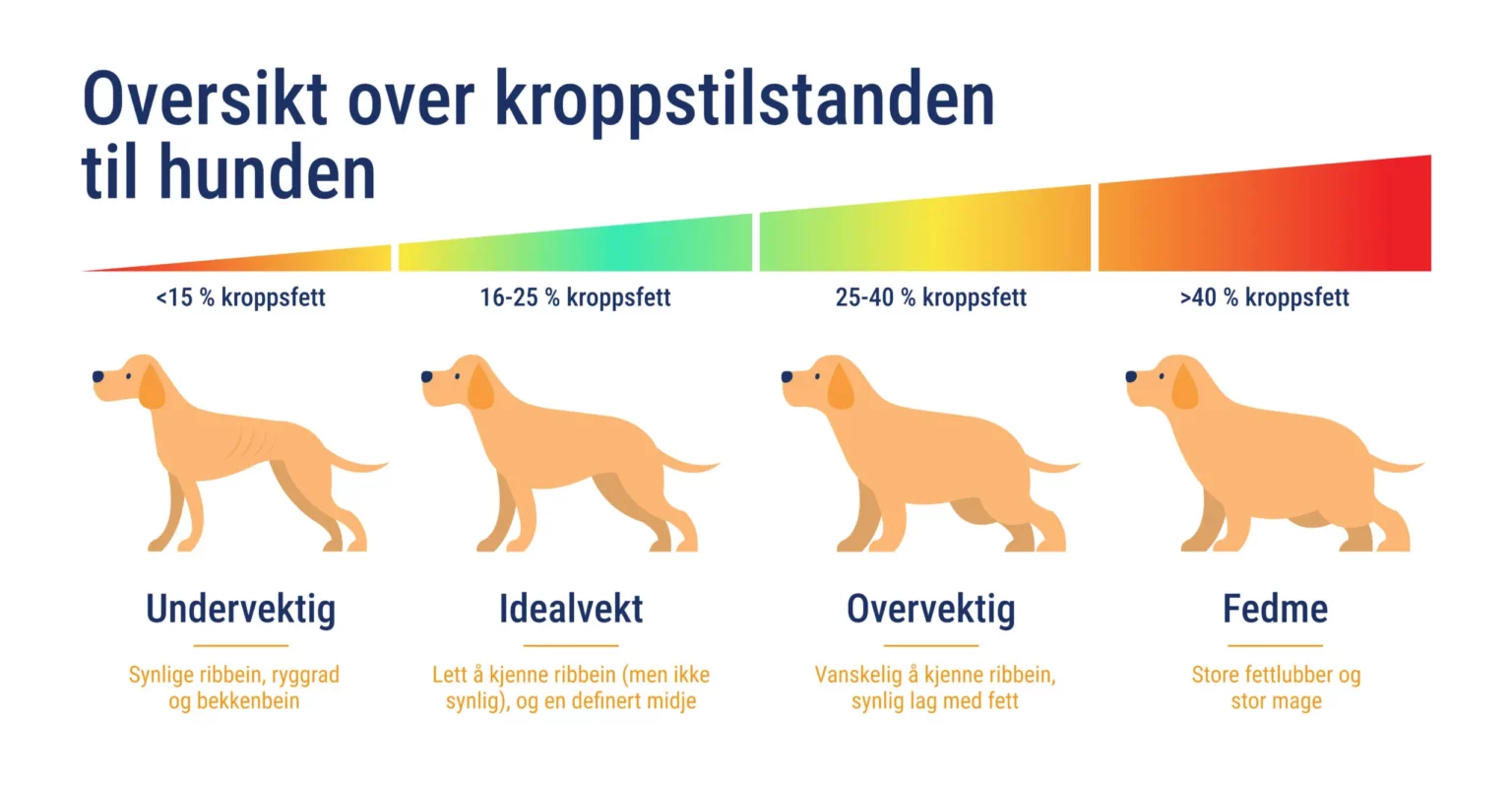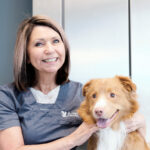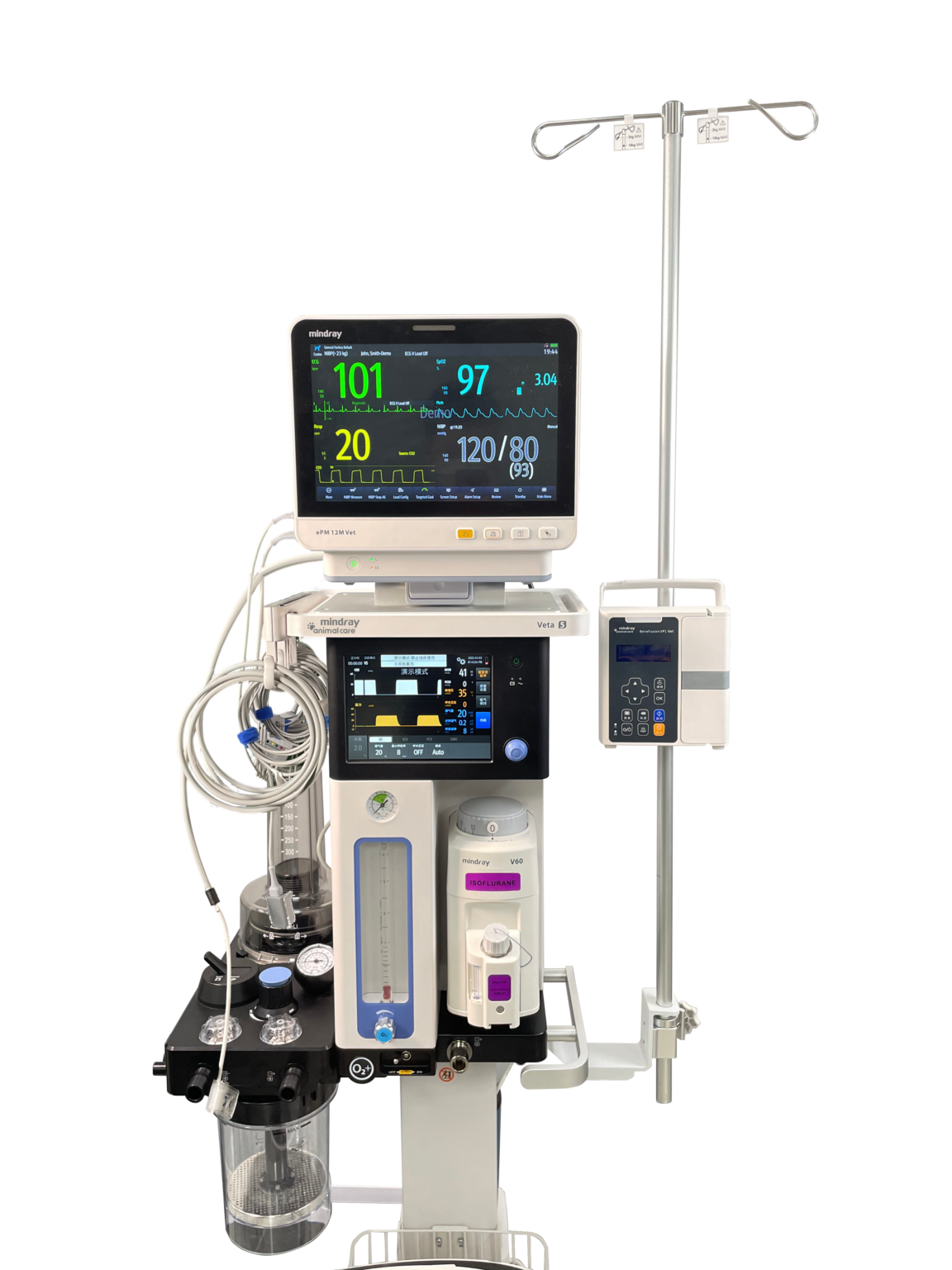Obesity in dogs
Obesity in dogs is an increasingly large problem in Western countries. In fact, we estimate that approximately half of all dogs in this part of the globe are overweight. This is not very good for general health, and an overweight dog can have a greater risk of developing various disorders and diseases. A lazy dog that pants and is not allowed to move as it wants is not a happy dog. Read more to learn about dog obesity and what you as an owner can do to maintain a healthy weight in your furry family member!
Table of contents
Obesity in dogs and health challenges
A dog that is overweight is more prone to encountering health challenges and developing lifestyle diseases. In the same way as for us humans, excess weight can therefore have a negative impact on general health. Dogs are largely influenced by their owner's lifestyle, and the dog's body is basically not meant to live the same life as us. This particularly applies to modern everyday life with a lot of sitting still, driving and staying indoors. You may be able to take a trip to the fitness center when it suits you, but the dog is, after all, dependent on taking you on a trip. When we refer to obesity as a problem, we are not talking about the dog's appearance or aesthetics, but health and quality of life.
This is how the dog's body is affected by overweight and obesity
Being overweight can lead to illness and shorten the dog's life. Obesity is actually considered a chronic disease and has a number of negative knock-on effects for the dog's physique. An abundance of fat cells causes substances to be secreted that affect the rest of the body's system, and leads to a kind of chronic inflammation in the body. This in turn leads to an increased incidence of various diseases, such as: cardiovascular diseases, high blood pressure, insulin resistance, kidney problems, joint pain, skin diseases og weakened immune system. Dogs that suffer from obesity will also be able to experience breathing difficulties and an increased risk of complications during anaesthesia.
Why has the dog become overweight?
When the dog is in a caloric surplus, meaning that it takes in more kilocalories than it burns, the surplus is stored as fat. This means that the dog gets a combination of too little physical activity and exercise, and too much food and treats. Some dogs can also become overweight as a result of underlying health reasons. It is therefore a good idea to take your dog for a veterinary check-up if it has a high percentage of body fat. Then you will also be able to get guidance and personal dietary advice to help your four-legged friend lose weight. You and Fido are most welcome to a consultation with us in the clinic, if you suspect that there is a need for weight reduction.
How to know if your dog is overweight

What is the dog's ideal weight will vary according to breed, size and activity level. To decide whether the dog is overweight or not, it is therefore most appropriate to know yourself. In a healthy and fit mate with an ideal weight, you will usually be able to feel the ribs quite easily. As a rule, healthy dogs also have a defined waist. If the dog moves towards the overweight side, it becomes more difficult to feel the ribs and it usually has a visible layer of fat. In case of obesity, the dog will have visible folds and a large belly.
Feel free to take a look at the form above to get a basic overview. To monitor the weight and notice any changes, it is smart to weigh the dog regularly. If you are unsure about the dog's physical condition, you can possibly get help with the assessment from an experienced breeder or come to our clinic and talk to one of our vets or pet sitters.
What can you as an owner do about your dog being overweight?
The recipe for weight reduction is quite simple, and is known to most people. Less food (read: fewer calories) and more exercise. For a dog that needs to be slimmed, is diet food in smaller portion sizes a good starting point. You should too reduce treats and snacks, as this can quickly make a difference to the total calorie intake for the day. It might also be nice to have one extra trip if it is pleasurable for the dog, and you are welcome to take the initiative for active play and fun.
We know that it can be difficult to resist the sugary doe eyes of the furry one, but that does not necessarily mean that the dog is hungry and in need of food. Often begging dogs do this out of old habit. Try to stick to the amount of food that is recommended, and remember that you are not doing your dog a favor by allowing him to live an overweight life!
Elisabeth is a veterinarian and authorized ophthalmologist with specialization in eye surgery, as well as further training in internal medicine, general surgery, oral surgery and ultrasound from the European School for Advanced Veterinary Studies in Toulouse.
-
Elisabeth Bjørnestadhttps://www.a-vet.no/author/elisabeth_bjornestad/
-
Elisabeth Bjørnestadhttps://www.a-vet.no/author/elisabeth_bjornestad/
-
Elisabeth Bjørnestadhttps://www.a-vet.no/author/elisabeth_bjornestad/
-
Elisabeth Bjørnestadhttps://www.a-vet.no/author/elisabeth_bjornestad/


